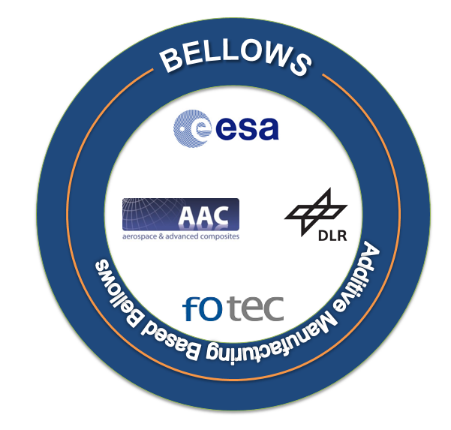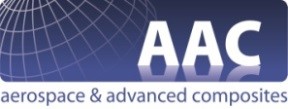PAGE CONTENTS
Objectives
The production of reliable and cost effective space bellows using AM technologies in an end-to-end manufacturing process, combined with the characterization of the performance / reliability of the bellows produced through a test campaign. The targeted TRL for this activity is 4.
Challenges
One of the key challenges was the conversion of the bellow design gained from the CAD modelling combined with FE analysis to a real component, meaning the additive manufacturing of complex thin-walled Ti6Al4V structures (approx. 400µm). Another issue was the reduction of structural cracks observed in the curved regions of the bellows by modification of the heat treatment procedure (required for stress relieve annealing).
System Architecture
n/a
Plan
The work was organised in 5 tasks as follows:
- Task 1: Selection of a suitable material and processes combination
- Baseline Design Review (BDR)
- Task 2: Design of a bellows optimized for function and for the selected “end to end manufacturing processes”
- Design Review (DR)
- Task 3: Manufacturing of the parts according to the design definedTest Readiness Review (TRR)
- Task 4: Characterization of the manufactured bellows through a test campaign (including fatigue tests)
- Test Review Board (TRB)
- Task 5: Evaluation of the achieved results
- Final Review (FR)
Current Status
The project has been completed. All manufactured bellows made of Ti6Al4V using AM technology were tested successfully without any plastic deformation or leakage caused by e.g. structural cracks. The applied test campaign consisted of 100 pressure cycles of 22 bar, axial loaded fatigue testing (5000 cycles, 3mm max. deformation) and He-leakage testing. In addition, ESA performed CT scans of the tested bellows and AAC verified the results with microstructural investigation. Initial considerations about suitable cleaning procedures were made.



